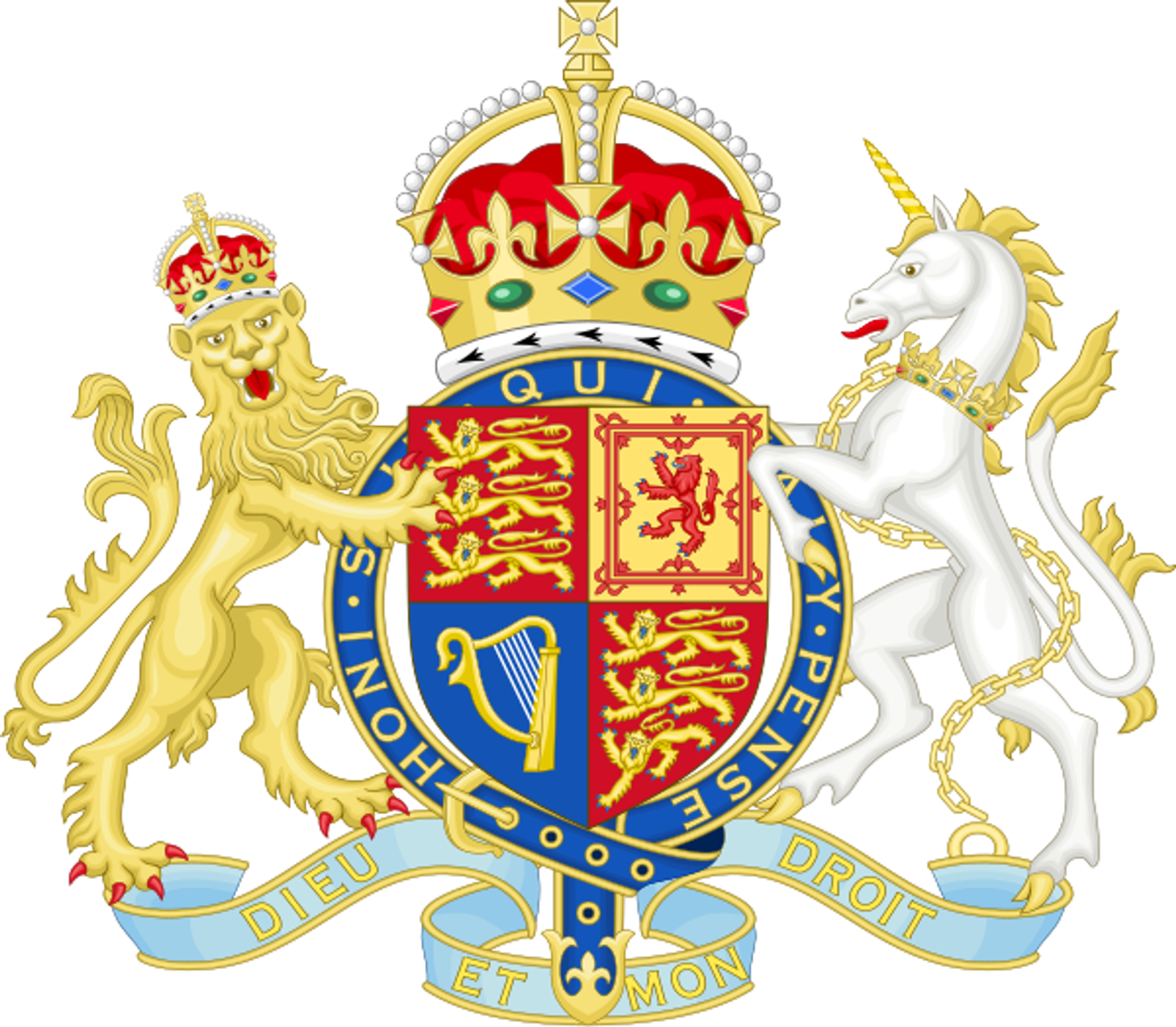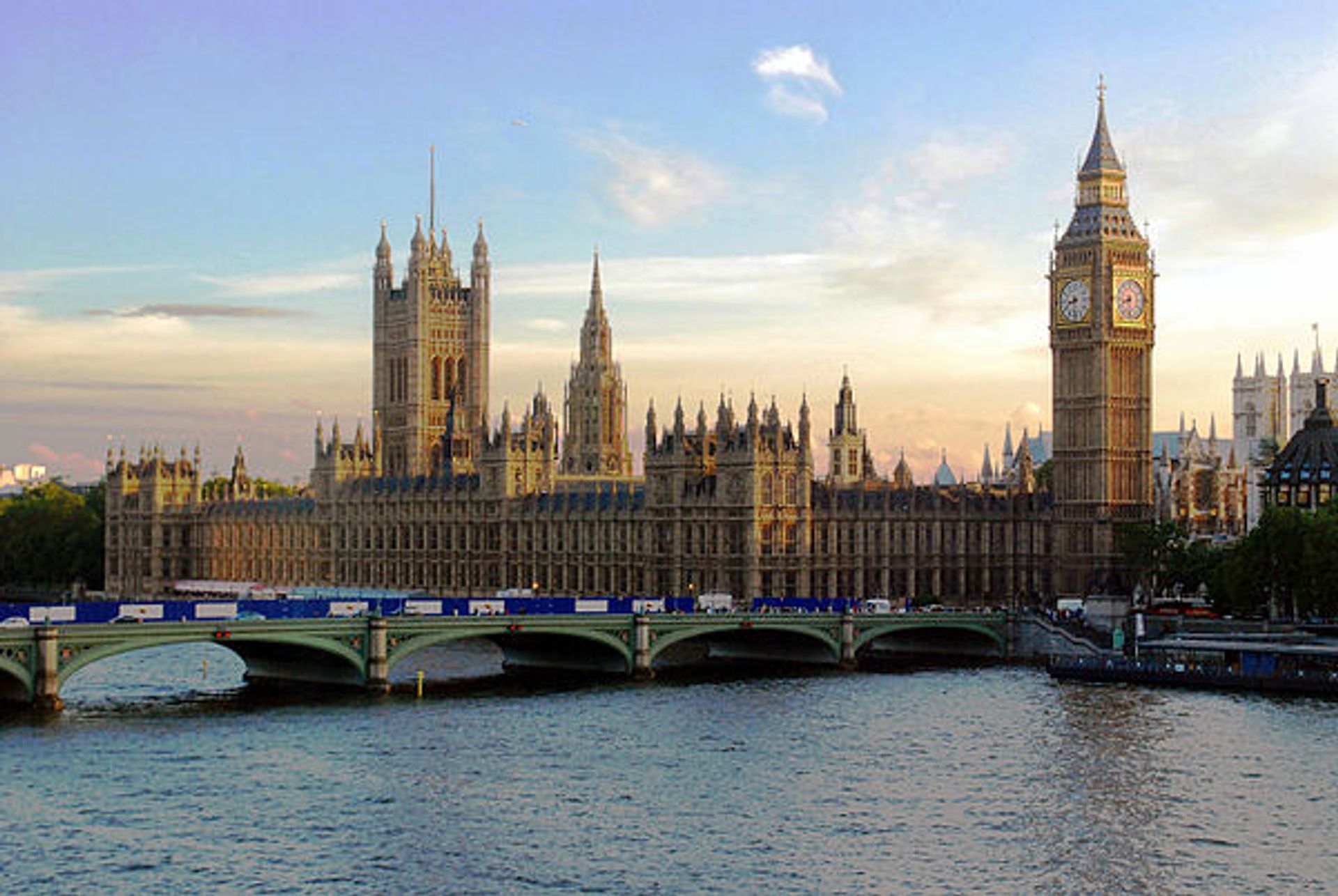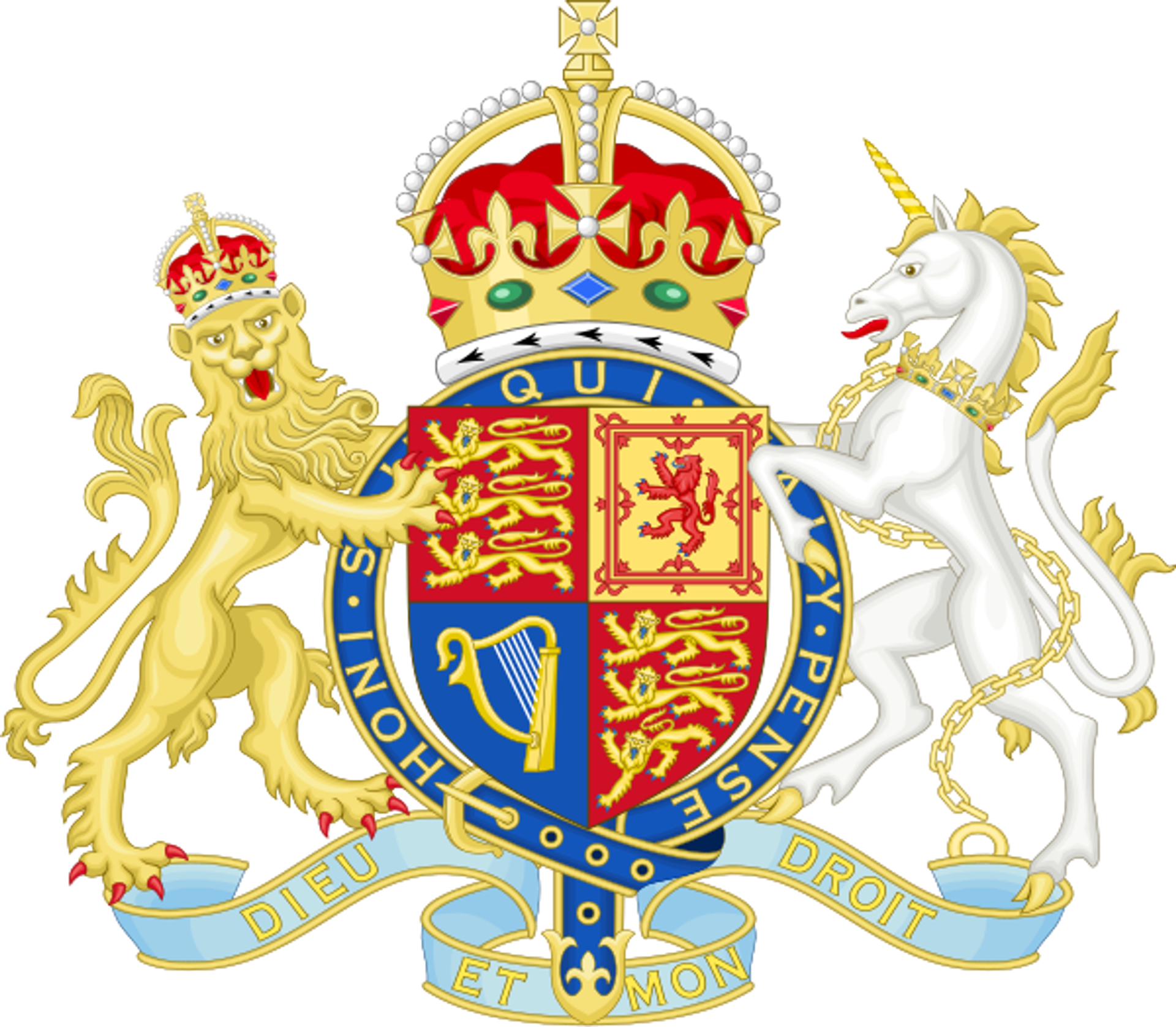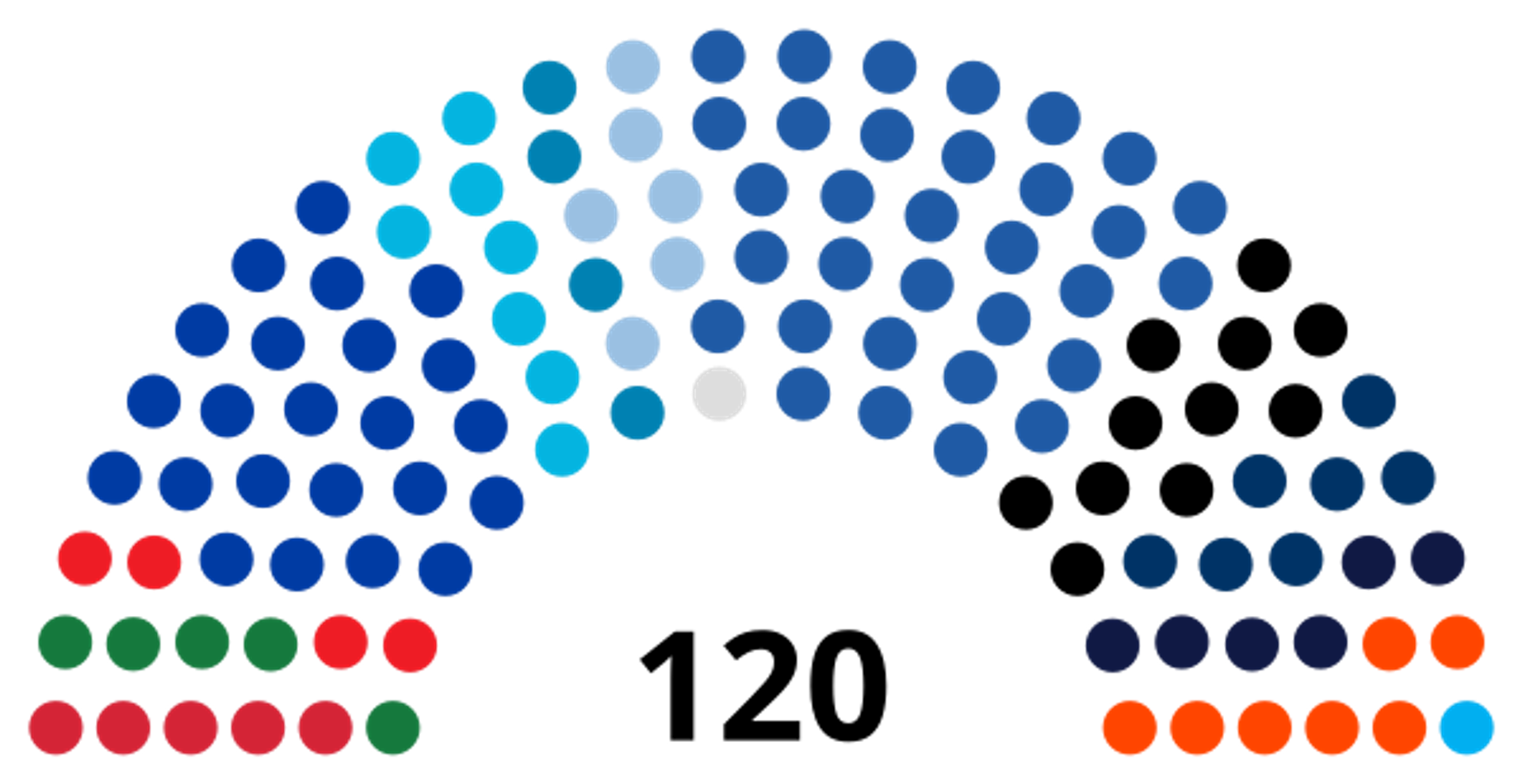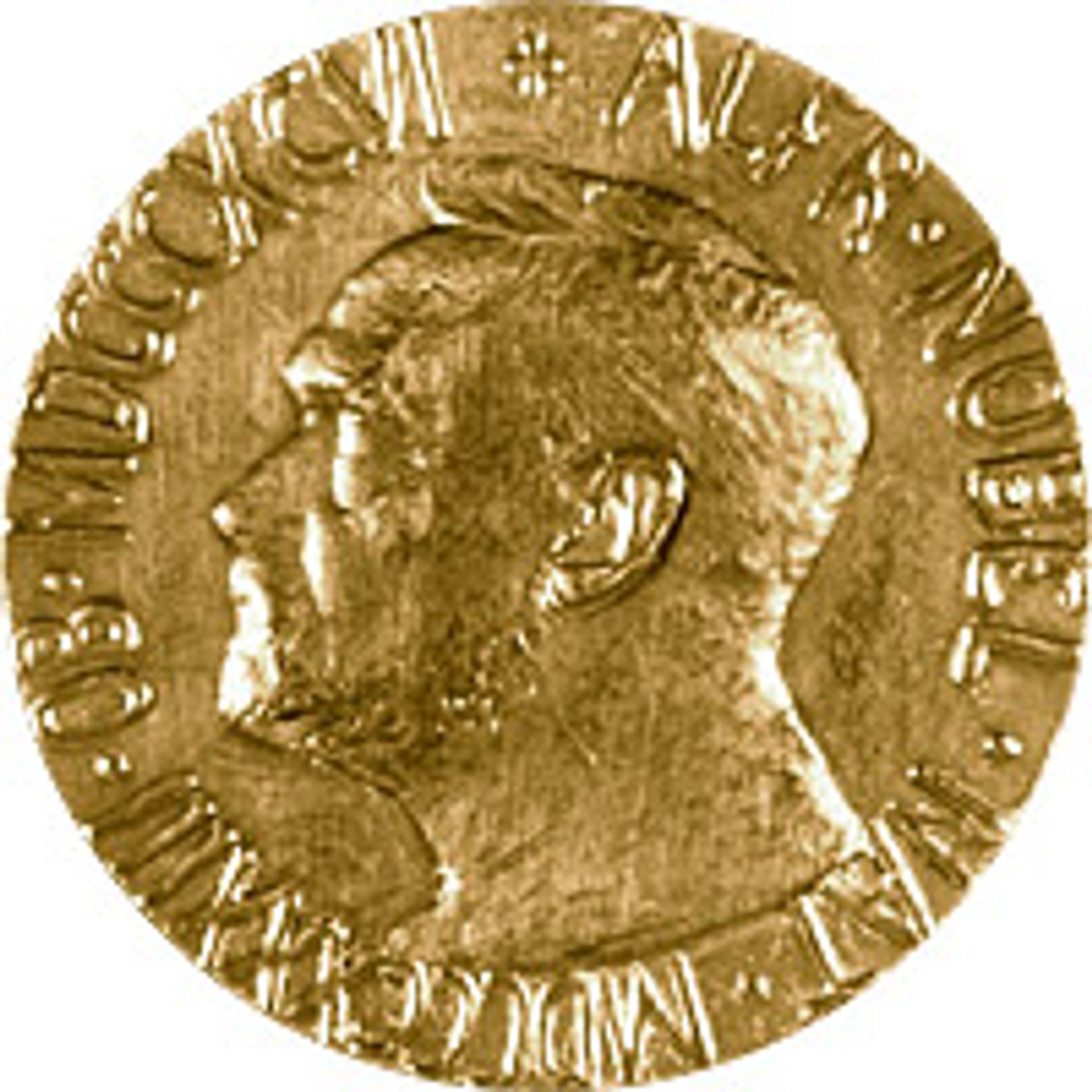
Norwegian Nobel Committee
What do people say about Norwegian Nobel Committee?
The perception of the Norwegian Nobel Committee in the UK is largely negative, with many viewing it as increasingly politicized and inconsistent in its choice of laureates. Critics argue that its decisions often reflect geopolitical agendas rather than a genuine commitment to peace, leading to accusations of hypocrisy. The committee's recent choices have sparked backlash, especially among those who feel that deserving candidates are overlooked in favor of more politically convenient ones. Overall, this has diminished the credibility of the Nobel Peace Prize in the eyes of the British public and media, contributing to a growing skepticism about the committee's integrity and intentions.
Where are the conversations happening?
Channel sources like the BBC and The Guardian have been particularly vocal in their criticism of the Norwegian Nobel Committee, focusing on instances of perceived bias in award selections. These outlets often highlight the discontent among scholars and activists who believe that the prize has lost its way. Critical discussions are prevalent in opinion pieces and public forums, where the integrity of the committee and its decisions are hotly debated. In contrast, some smaller outlets may still uphold the committee's legacy, but they are increasingly overshadowed by the dominant narrative of skepticism and criticism.
What are the topics trending around Norwegian Nobel Committee?
Discussions around the politicization of the Nobel Peace Prize, calls for reform of the selection process, and debates over notable omissions in recent awards are gaining traction.
Why are these topics trending?
These trends stem from a growing belief that the committee's choices reflect political motivations rather than genuine peace efforts, prompting calls for greater transparency and accountability in how laureates are chosen.
How is Norwegian Nobel Committee being talked about?
Detailed breakdown of public sentiment and conversations about this entity.
Impact vs Sentiment
See how each entity's high impact percentage relates to their positive sentiment percentage from actual mentions.

